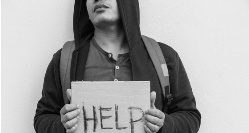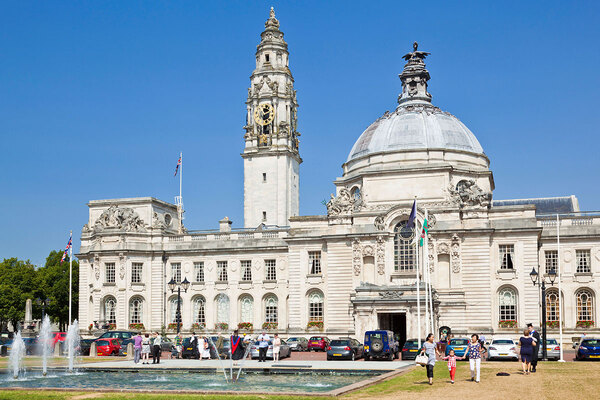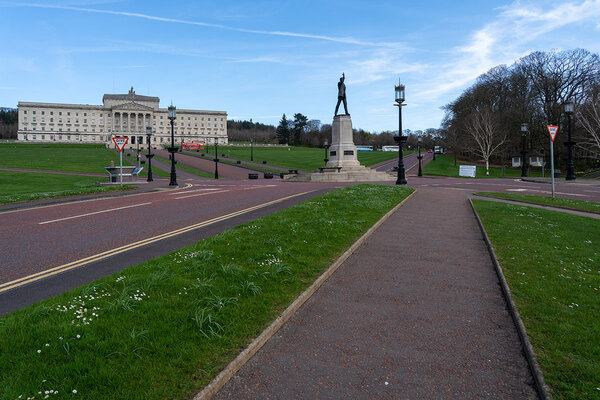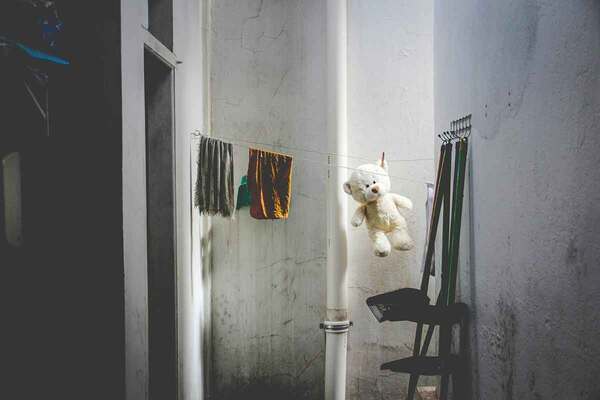Up to 11,000 affected by under-21 benefit cap by 2021
Around 1,000 young people will be affected by the cut to housing benefit for under-21s this year, rising to 11,000 by 2020/21.
This is the official estimate in the government’s equality analysis of the decision to cut the housing benefit element of Universal Credit for 18 to 21-year-olds, released to Inside Housing today under the Freedom of Information Act.
It said: “Due to the various exemptions specified for this, policy analysis suggests that the caseload affected will be relatively small, in the region of 1,000 in 2017/18, growing to 11,000 by 2020/21.”
Charities had previously estimated 9,000 young people could be put at risk of homelessness by the policy.
It said the government expected to save £105m with the cut through the life of this parliament, with set-up costs of £5m and running costs estimated at between £0.5m and £1m per year.
READ MORE ON THE UNDER-21 BENEFIT CUT

Regulations published for under-21 benefit cut
9,000 young people could be at risk of homelessness due to cut
The report, which ministers had previously declined to release, also said “robust estimates” about any negative impact on people with disabilities “cannot be made”.
This is despite Caroline Nokes, under-secretary of state for work and pensions, assuring Labour last week that she was “satisfied there are no significant issues” relating to protected characteristics, including disability.
The impact assessment listed a number of exemptions, including for young people with terminal illnesses, in receipt of some disability benefits or with an impairment which affect their ability to work.
“Whilst it is not possible to estimate the effect of all these exemptions on disabled people… the purpose of these exemptions is to mitigate potential impact on disabled people,” it said.
It added that 23% of black and minority ethnic (BME) people in the age bracket are unemployed, compared with 19% of white British claimants – raising the chance that BME people would be impacted.
However, it also noted 28% of white British young people live outside the family home, compared with 20% of BME youngsters, meaning there is “no clear evidence” to suggest black and minority ethnic claimants will be disproportionately affected.
Homelessness charity Crisis has described the cut as “destructive”, “disastrous” and “entirely counter” to work the government is doing to reduce homelessness.
Charities have warned it could be difficult for young people to prove they qualify for the exemptions, particularly that it would be inappropriate for them to live with parents.
A DWP spokesperson said: “We want to make sure that 18 to 21-year-olds do not slip straight into a life on benefits, which is why we are helping young people get the training, skills and experience they need to move into a job and build a career… We know that personal circumstances will differ so we have worked closely with charities and the housing sector to develop a fair and robust set of exemptions to protect the most vulnerable young people.”
UPDATE: At 17.50 on 4.4.2017
John Healey, shadow secretary of state for housing for Labour, said: “Ministers have been forced to belatedly publish this impact assessment after refusing to release it to parliament. It confirms the fears of campaigners that thousands of young people are set to be hit… Labour in government would reverse this crude cut.”
Caroline Nokes is speaking at Housing 2017, the CIH conference and exhibition. Book at www.insidehousing.co.uk/housing2017







